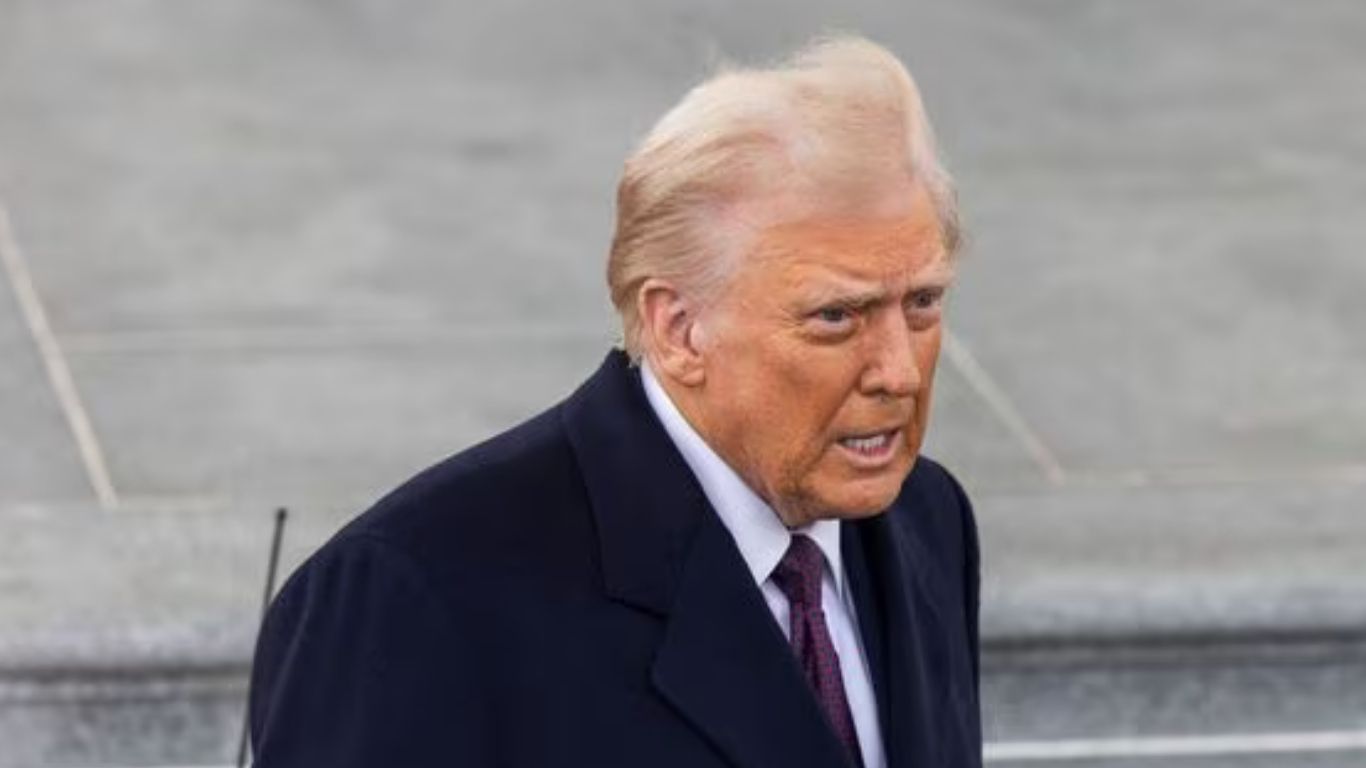The outgoing US administration has implemented its most extensive sanctions yet against Russia oil trade, targeting 183 tankers from Russia’s “shadow fleet,” major Russian oil firms such as Gazprom Neft and Surgutneftegas, and entities involved in shipping and insurance. These sanctions are expected to have a significant impact on Russia’s oil exports to India and China, its two largest buyers.
Key Sanctions and Immediate Fallout
The sanctions, introduced on January 10, 2025, aim to disrupt the “shadow fleet” that has been instrumental in circumventing Western price caps on Russian crude oil. The newly sanctioned tankers were responsible for transporting over 530 million barrels of Russian crude in 2024, with 300 million barrels going to China and the majority of the remaining to India.
Russia’s oil supply to India, its largest crude importer, will now face logistical challenges, as Indian refiners are allowed to accept deliveries on sanctioned tankers only for contracts signed before January 10. These shipments must be completed by March 12, 2025.
Impact on India’s Oil Trade
India has become heavily reliant on Russian oil since the Ukraine war began, driven by steep discounts offered by Moscow. In 2024, Russian oil accounted for 38% of India’s total crude imports, a sharp increase from its marginal share before the conflict.
Potential Changes in Import Dynamics
- Freight Cost Surge: The sanctions are likely to reduce the availability of tankers for Russian oil, increasing transportation costs and making Russian crude less competitive.
- Shift to West Asia: Indian refiners may turn to traditional suppliers like Iraq, Saudi Arabia, and the UAE, especially if discounts on Russian crude diminish.
India’s Oil Security
Despite potential disruptions, India’s oil imports are unlikely to face shortages. Officials and refiners have indicated that alternative supplies from West Asian producers are sufficient to meet demand.
Challenges for Russia’s Shadow Fleet
The “shadow fleet,” consisting of aging vessels with unclear ownership, emerged as a workaround for Russia to bypass Western shipping and insurance restrictions under the $60 price cap introduced in December 2022.
- Fleet Expansion: Russia will need to quickly expand its fleet of non-sanctioned tankers, but industry experts warn that this process will take time.
- Discounted Pricing: To continue accessing Western shipping and insurance services, Russia may be forced to sell crude below the $60 price cap, significantly reducing its revenues.
Implications for Global Markets
Moscow’s Response
The Kremlin has warned that the sanctions could destabilize global oil markets. While it has vowed to mitigate the impact, rebuilding its tanker fleet and maintaining export volumes will pose significant challenges.
Price Pressures
- With fewer tankers available, freight costs for Russian oil are expected to rise.
- If Russia cannot sustain deep discounts, buyers like India may find crude from other regions more attractive.
- In the medium term, the sanctions could lower Russia’s revenue and potentially pressure it to comply with Western price caps.
What Role Will the Trump Administration Play?
President-elect Donald Trump, who will take office on January 20, has expressed intentions to broker peace between Russia and Ukraine. However, his administration’s approach to the sanctions and its broader Russia policy remains uncertain.
Potential Scenarios:
- Sanctions as Leverage: The sanctions may provide Trump with leverage in negotiations with Moscow, pushing it toward a settlement.
- Policy Continuity: While Trump and Vice President-elect J.D. Vance have voiced opposition to prolonged US involvement in the Ukraine war, a softer sanctions regime is not guaranteed.
- Focus on Peace Talks: If peace negotiations gain traction, the sanctions could be relaxed as part of a broader deal to end the conflict.
India’s Position
India has carefully navigated its relationship with Russia during the conflict, avoiding direct involvement in the sanctions regime while securing discounted crude. However, the new US sanctions add complexity to India’s strategy, especially if Russian oil becomes less competitive.
Way Forward for Indian Refiners
- Diversification: Indian refiners may need to further diversify their crude suppliers to mitigate risks.
- Monitoring US-Russia Relations: Future decisions will likely depend on the Trump administration’s policies toward Russia and the Ukraine war.
The latest US sanctions on Russia’s oil trade represent a significant escalation in the economic pressure on Moscow. While the immediate impact on India’s oil imports may be limited due to ample supply from West Asia, the long-term implications will depend on Russia’s ability to adapt and the policy direction of the incoming US administration. For now, India remains a key player in maintaining a balance between securing its energy needs and navigating geopolitical complexities.















